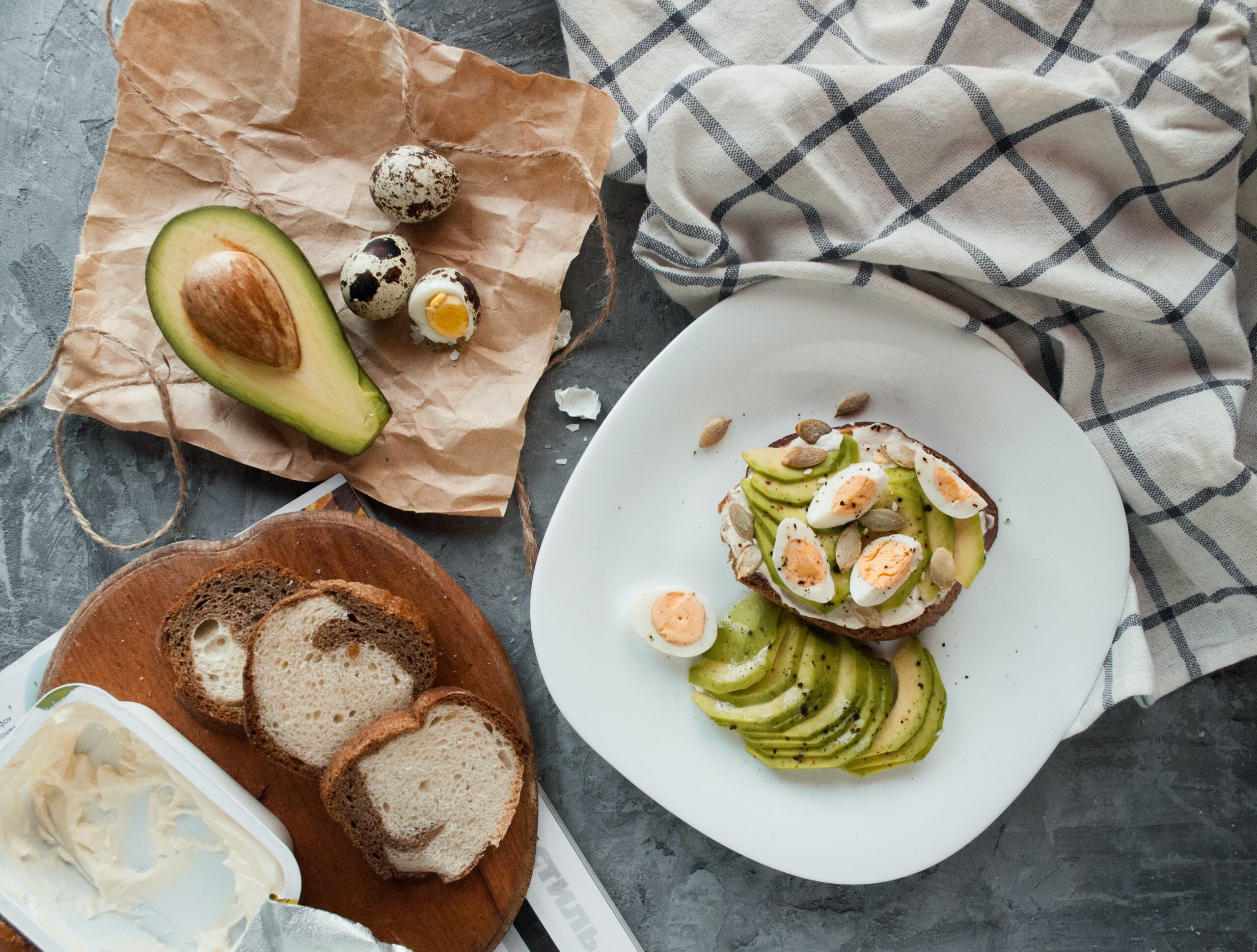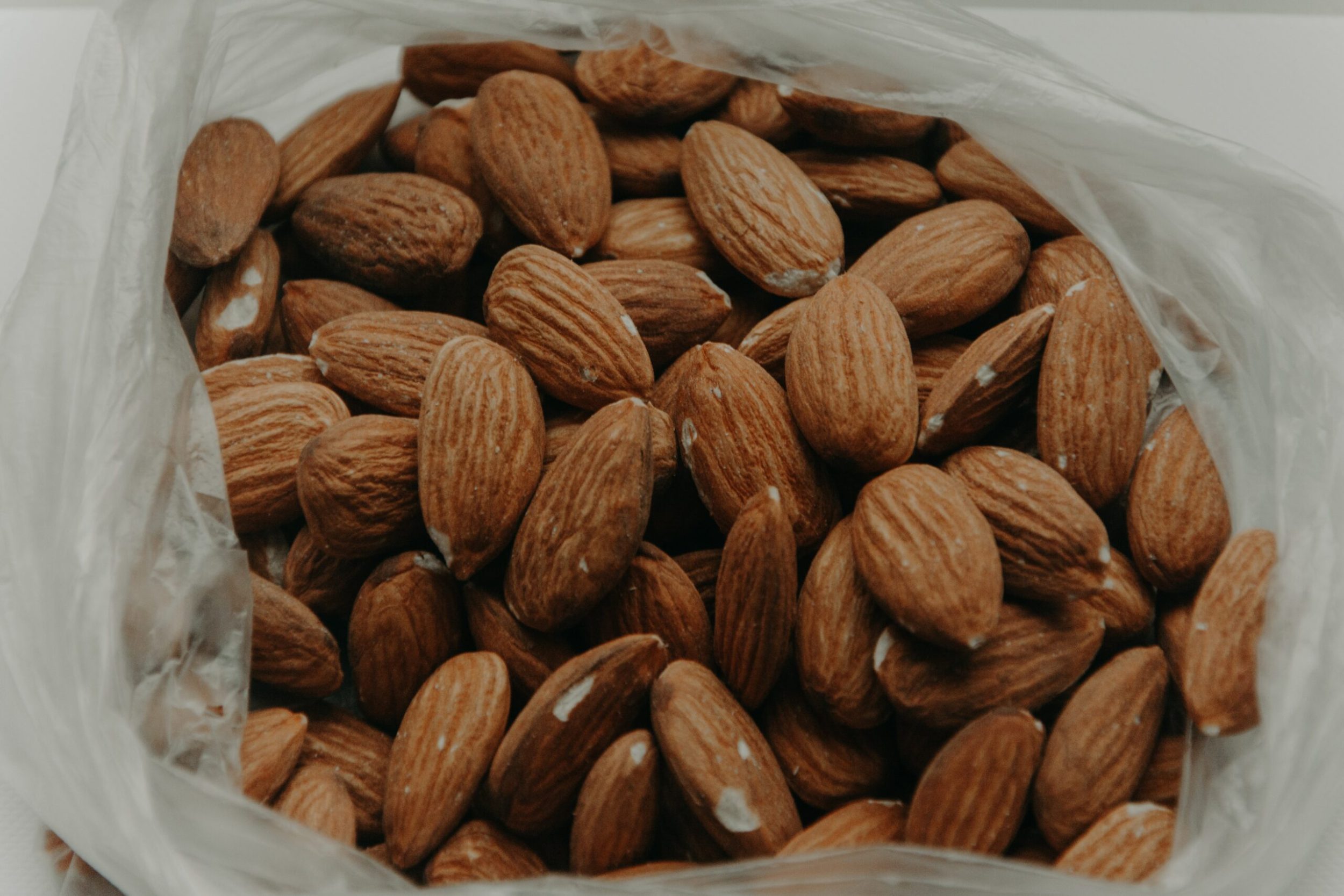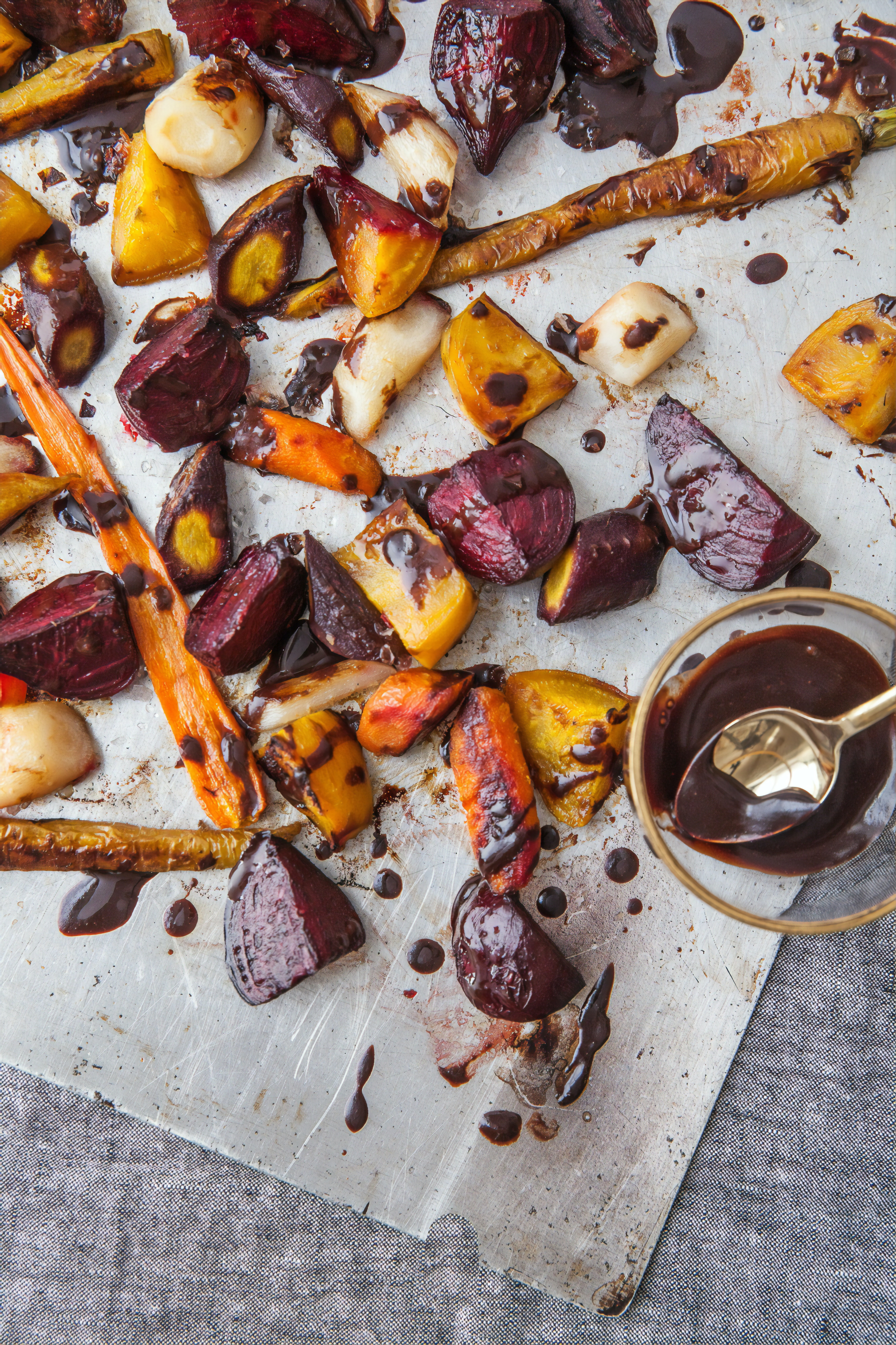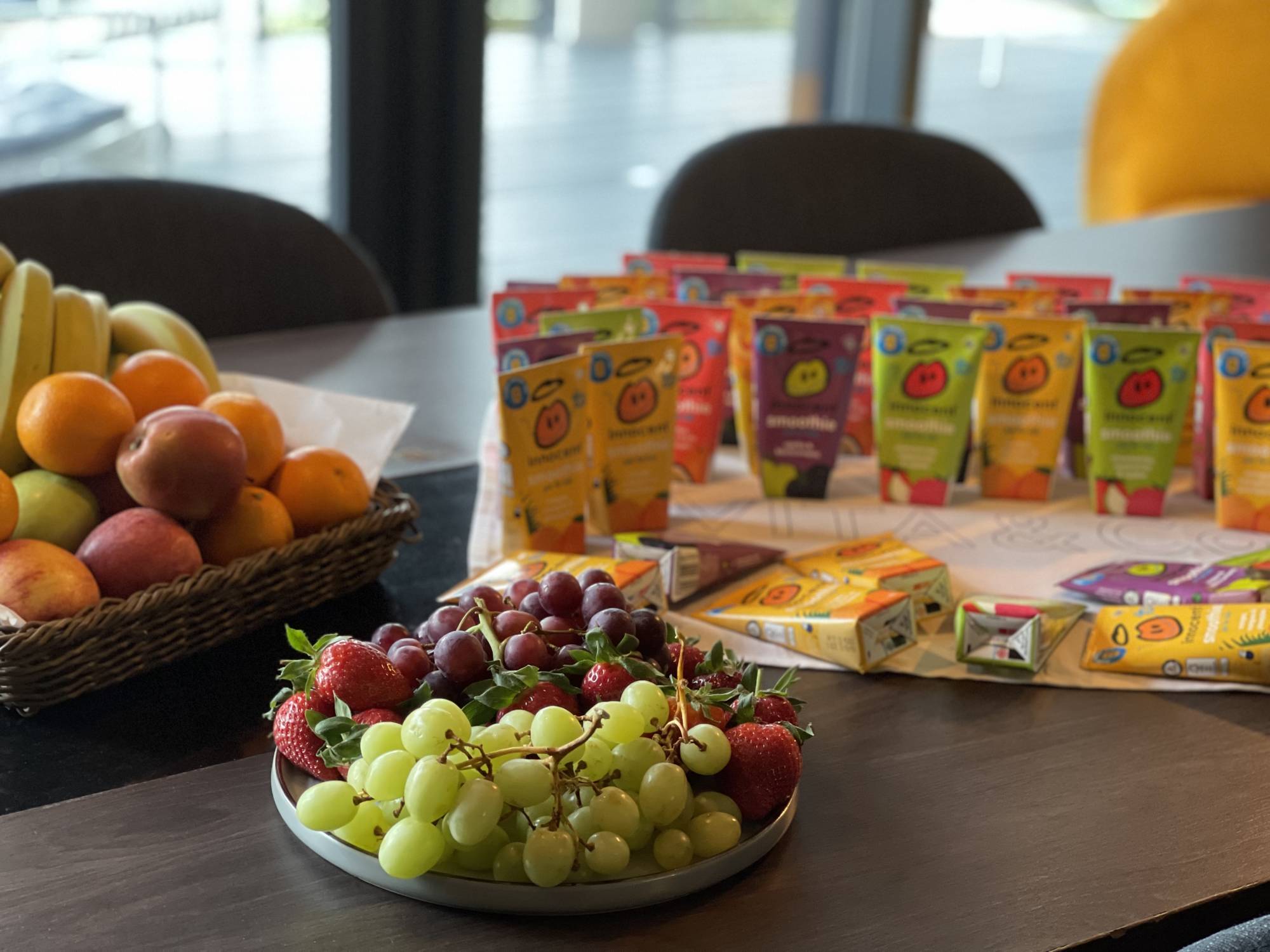Nutrition and productivity goes hand-in-hand. Here’s how you can adapt your diet to get the best out of your studies.
A balanced diet can help students increase their energy levels, improve their ability to cope with stress, and increase concentration. With late nights and early starts a regular occurrence, what should students be eating to stay healthy, feed their brain and reach peak performance?
This guest blog from Venner Nutrition breaks down everything you need to know about keeping your brain fuelled, and body healthy during university.

Feeding your Brain
Using your brain makes your hungry. That’s because, while the brain represents just 2% of a person’s total body weight, it accounts for 20% of the body’s energy use. That’s an average of 400-500 calories a day. So, if you want to get focused when studying you have to fuel your brain with nutritious, energy rich food. This is even more important during periods of intense study, when revising for example.
There are two standout food groups which support focus and concentration. First up we have Essential Fatty Acids, think wild salmon, tuna, avocado, nuts and seeds. All are rich in energy, and omega 3 fatty acids and have been linked to better cognitive function, memory and concentration.

Second are complex carbohydrates. Foods that are rich in slow-release energy are the perfect fuel for study sessions. Oats, rice, quinoa, wholegrain breads and pastas, potatoes (and other veggies, especially root veggies), lentils, beans and fruits are all packed with vitamins and minerals, along with that all important energy your brain needs to function.
And, if you want to go the extra mile, consume superfoods like Lions Mane, a medicinal mushroom that supports cognitive function and concentration. Or Ginseng, which enhances alertness, and Matcha, to get your caffeine fix without the slump that coffee can bring.

Eating for Calm
The food you eat has a direct effect on your body’s chemistry and hormonal activity.
Most people know that what we eat affects physical health, but it’s lesser understood that food directly affects our mood and emotional state. Recognising this means we have a huge opportunity to eat in a way that helps us to feel better, including managing stress levels.
There are a few easy wins if we know what to steer clear of, or at the very least be mindful to limit our intake. Coffee, fizzy drinks, sugar, processed foods and refined carbohydrates (white bread and pastas) have all been linked to blood sugar imbalances, which affects our mood whilst also creating excessive stimulation, and therefore stress in the body. Limiting or avoiding these completely can do wonders to help regulate your body and reduce the sensation of stress.
On the other side of the equation, certain minerals and food groups can help to reduce stress.
Magnesium is known as the relaxing mineral, working to soothe tension, regulate blood pressure, and bring calm to the body. Magnesium rich foods include avocado, leafy greens, sea greens, cacao and almonds.

B-vitamins are also critical in a healthy stress response, and actively help the body to feel less stressed. Whole-grains are a wonderful source of B-vitamins, including oats and quinoa specifically.
Foods that have grounding, calming properties, like root veggies, are also really helpful for reducing stress as they provide warm, comforting, nourishment that counteracts adrenalised, stressed out bodies.
Essential Fatty Acids have also been linked with mood. They have protective qualities and anti-inflammatory properties that work together to reduce cortisol levels, the stress hormone, in your system.

Boosting Energy Levels
Lectures, studying and socialising can all take their toll on energy levels. So how can you boost your energy levels and reduce that afternoon slump?
- Eat Breakfast – A healthy breakfast can reduce cravings later in the day and keep your energy at peak performance
- Eat complex Carbohydrates – As mentioned above, these slow-release foods provide the body with a steady supply of energy
- Eat less and more often – When you eat, your brain signals to your body to slow down to digest the food. So the more you put in, the harder your digestive system works, and the less energy you have

Check out Venner’s blog for more on boosting your energy. Also, can you really be vegan and hit the gym hard?
Venner’s website is full of delicious vegan and veggie recipes, along with nutrition info and tips on how to reduce food waste. If you’d like a free trial, head to vennernutrition.uk/login and use the campaign code Venner 2WT for two weeks free access. No payment info is taken.
What’s Venner Nutrition all about
Venner provides healthy recipe boxes which are packed of tasty ingredients. And when you buy a box, not only do you get to eat nutritious meals, but you are also supporting a vulnerable family through its initiatives in reducing food poverty.

As a social enterprise, 51% of its profits support vulnerable families with recipes boxes and ongoing nutrition education including; access to 100s of affordable, healthy meals, cooking skills videos and advice on reducing food waste to help save money and the planet.
Learn about the Venner Mission here.



